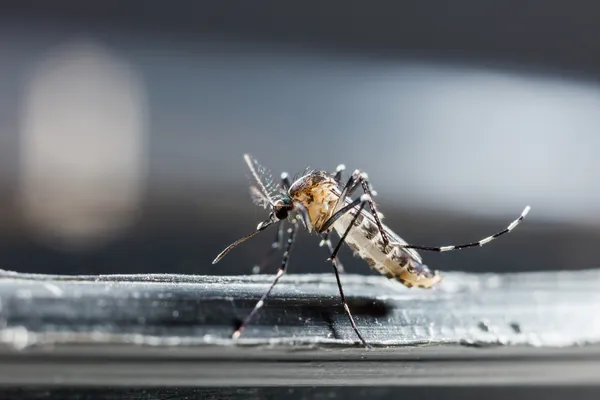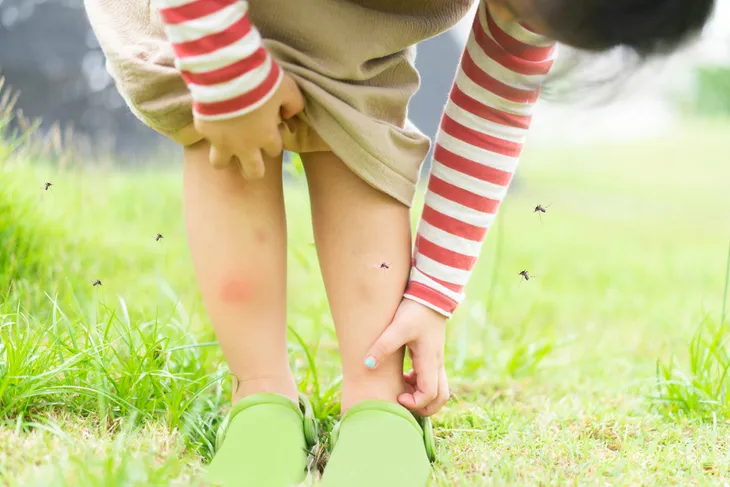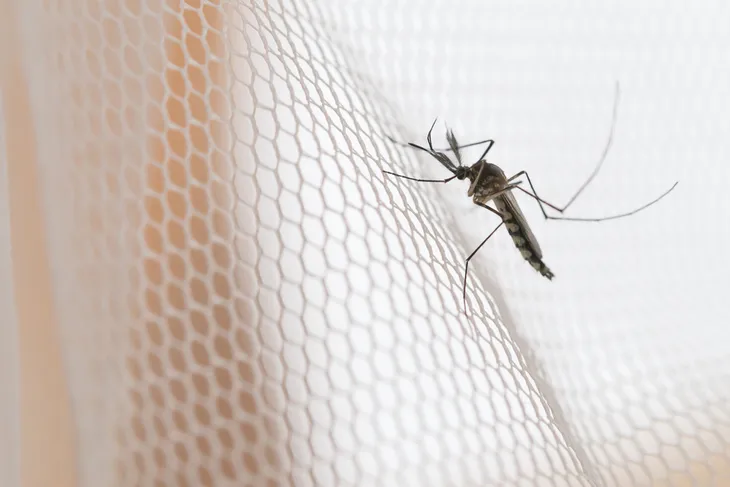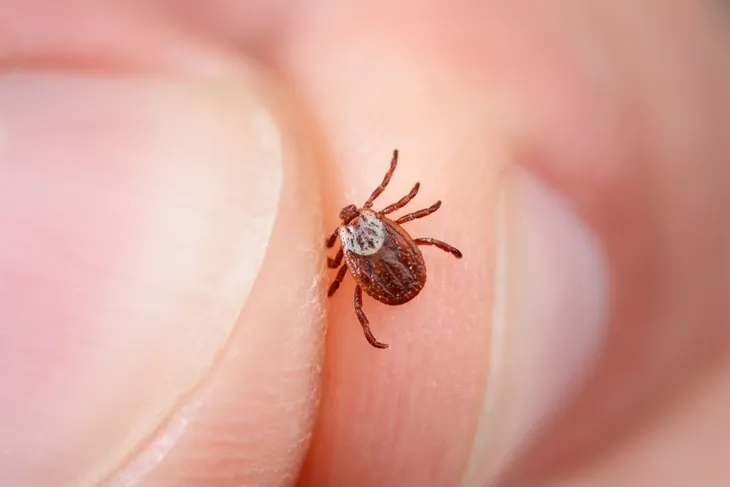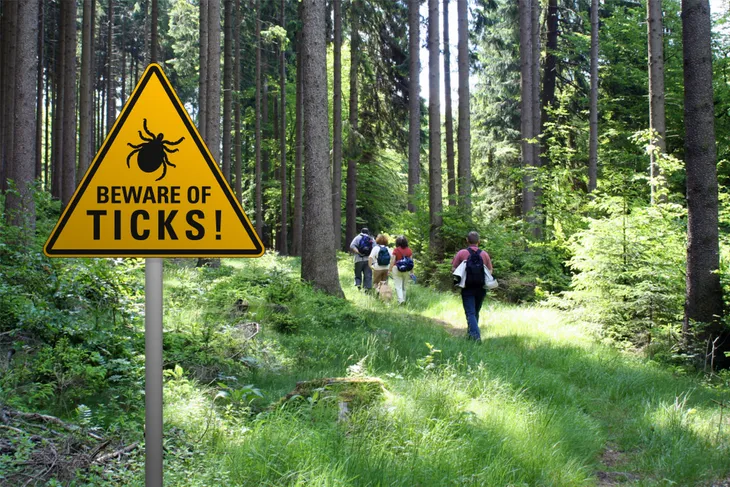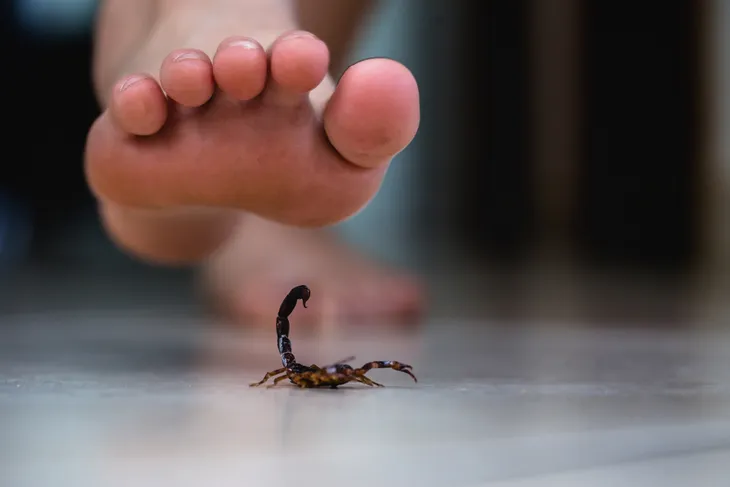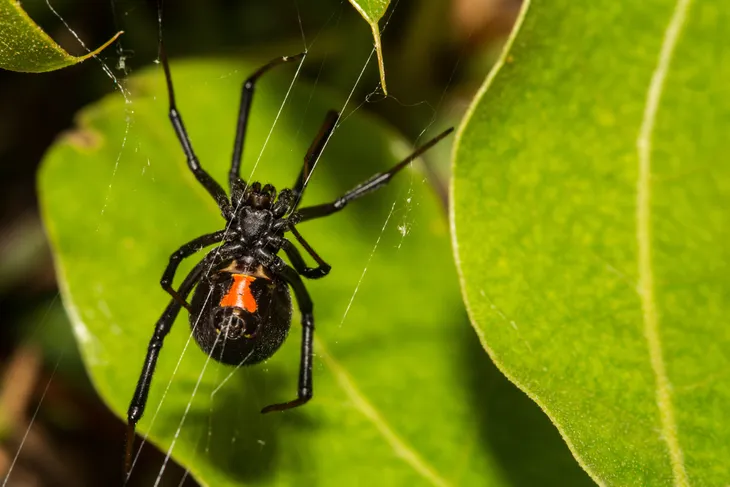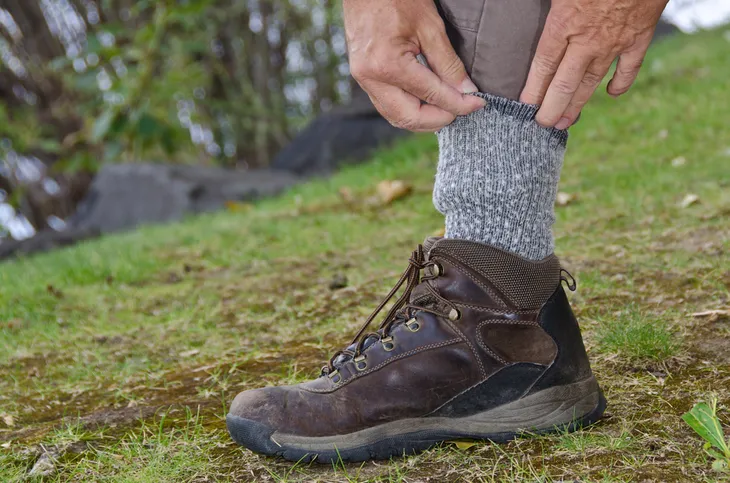- While some bugs may be harmless, others can spread diseases that can put your health at risk.
- The best thing to do is to get informed about what harmful bugs are present in the area you are traveling to and learn how to prevent a bite or sting.
- If you’ve been bitten by a bug and are showing signs of infection, seek medical care right away.
Traveling can be so fun and while you’re likely getting prepared by making your packing list and an itinerary, one thing you should be preparing for is bugs. As much as we try to avoid them, bug bites do happen. Some may be harmless while others can be downright painful. Some bugs can even spread diseases like malaria, Zika virus, and Lyme disease which can put our health at risk.
The best way to protect your health is to get informed. If you plan on traveling any time soon, take a look at our list of tips on how to prevent bug bites while traveling.
Before You Travel, Research Your Destination
The first thing you should do before you travel is research your destination to find out which insects might pose a threat to your health. Some places are known for having a lot of mosquitoes while it may be low risk in other places. But mosquitoes aren’t the only bugs you need to be on the lookout for. Ticks, spiders, scorpions, and bed bugs can all put your health at risk too.
Don’t let this information discourage you from traveling altogether. There are safety precautions you can take to help prevent bug bites and keep you safe. Let’s take a look at some of these tips next!
Why You Want to Prevent Mosquito Bites
Anyone who has ever experienced a mosquito bite can attest to the utter annoyance they cause. The constant need to itch can be unbearable at times. But the itchy bite isn’t the only thing you need to worry about.
Mosquitoes are a serious concern where diseases like malaria, West Nile virus, yellow fever, and dengue fever are prevalent. Mosquitoes can also carry the Zika virus which is a cause for concern too. This is why you want to do what you can to prevent mosquito bites while traveling.
Prevent Mosquito Bites: Use EPA-Registered Bug Repellents
One effective way to prevent mosquito bites is to wear bug repellent but not all repellents are created equal. According to the Centers for Disease Control and Prevention (CDC), you should use an Environmental Protection Agency (EPA)-registered insect repellent. The repellent should also include one of these active ingredients:
- DEET
- IR3535
- Picaridin (also known as KBR 3023 and icaridin outside the U.S.)
- Oil of lemon eucalyptus (OLE)
- 2-undecanone
- Para-menthane-diol (PMD)
The source says EPA-registered insect repellent is proven safe for pregnant and breastfeeding women, just be sure to follow the directions when applying. If you plan on wearing sunscreen too, you should always apply insect repellent after sunscreen.
Ways to Protect Babies and Children From Mosquitoes
You should also use bug repellent on infants and children, however, it’s important to follow the instructions on the label. The CDC also says you should never use bug repellent products that contain oil of lemon eucalyptus or para-menthane-diol on children under 3-years old. Never apply the repellent on their hands, eyes, mouth, or on irritated or cut skin. When applying it to their face, the source suggests spraying it on your hands and then rubbing it on their face.
You can also protect your child by dressing them in clothing that covers their arms and legs. You should also consider covering their stroller or baby carrier in mosquito netting.
How to Keep Mosquitoes Out of Your Hotel/Lodging
If mosquitoes are a risk in the area you’re traveling to you should book a hotel or lodging with air conditioning. Mosquitoes prefer warm, damp conditions so an air-conditioned room will help prevent them from entering.
The CDC also notes that you should opt for a hotel or lodging that has window and door screens for an added layer of protection. Especially if the place doesn’t offer AC and you’ll need to keep the windows open to stay cool.
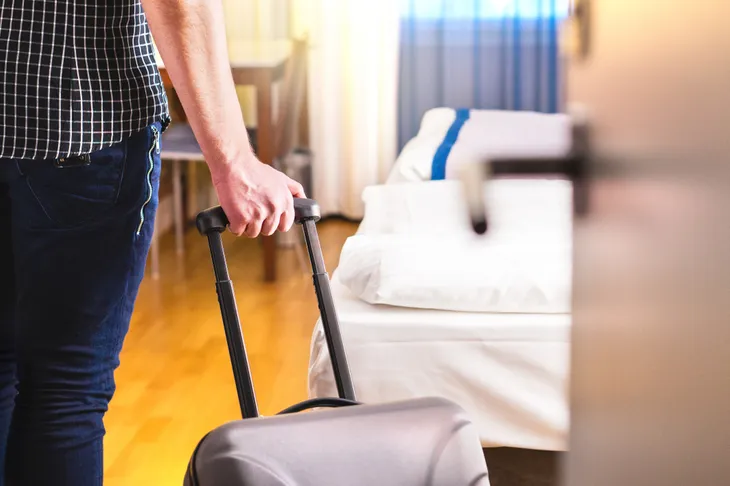 Shutterstock/Tero Vesalainen
Shutterstock/Tero VesalainenInvest in a Mosquito Net
Some places may provide a mosquito net but you can bring one with you too. By sleeping under a mosquito net you can help reduce your risk of getting bitten.
The CDC says when choosing a mosquito net, choose one that is “compact, white, rectangular, with 156 holes per square inch, and long enough to tuck under the mattress.” You can add an extra layer of protection by buying a permethrin-treated net. Permethrin is an insecticide that helps destroy mosquitoes and other insects.
Signs of Disease From Mosquitoes
Preventing mosquito bites is the first step in protecting your health but sometimes they still bite. The next best thing to do is to get informed of the signs of the Zika virus, West Nile virus, Chikungunya virus, dengue fever, and malaria.
For starters, the Zika virus can appear as a fever, rash, headache, joint pain, red eyes, and muscle pain. Second, be on the lookout for signs of West Nile virus which include fever, headache and body aches, vomiting, diarrhea, fatigue, and skin rash. Next, know the common signs of the Chikungunya virus, which are joint pain and fever.
Dengue fever is also a risk which appears as nausea, vomiting, aches and pain, and a rash. Finally, be on the lookout for signs of malaria which include fever, diarrhea, headache, sweats or chills, nausea and vomiting, and muscle and stomach pain. Malaria can be fatal if left untreated. If you’ve been bitten by a mosquito and develop any of these symptoms contact a doctor right away.
 Prostock-studio / Shutterstock
Prostock-studio / ShutterstockWhat You Need to Know About Ticks
Ticks are a cause for concern when traveling because they can carry Lyme disease. An infected tick must attach and feed on you for at least 24-hours to transmit the disease. Lyme disease is serious because if left untreated, it can spread to your joints, heart, and nervous system.
Ticks tend to prefer wooded and grassy areas where the animals they feed on live (such as deer, rabbits, lizards, squirrels, and rodents). But they can also be found in urban and coastal areas too.
How to Prevent Tick Bites
An effective way to prevent tick bites is to avoid wooded, grassy areas where they typically live. But if you plan on going for a hike on your trip this isn’t always possible. Luckily, you can still protect yourself by wearing long sleeves and pants, as well as socks. The CDC says you can also purchase permethrin-treated clothing and gear or you can treat your clothing yourself.
After you spend time outdoors be sure to check your clothing, gear, and body for ticks. If you take your pets outdoors, be sure to check them too as they’re also susceptible to Lyme disease. When checking your body pay close attention to crevices like your under arms, in and around the ears, inside your belly button, and behind your knees. The source also says “Showering within two hours of coming indoors has been shown to reduce your risk of getting Lyme disease and may be effective in reducing the risk of other tickborne diseases.”
How to Prevent Scorpion Stings
Ticks, scorpions, and spiders technically aren’t insects, they’re classified as arachnids but it’s important to know how to prevent bites and stings from these species too. While scorpion stings aren’t always a threat, some scorpions carry venom that can affect your nervous system and cause other serious health problems, explains the Cleveland Clinic. Scorpion stings are also more dangerous to children as their venom can have a strong effect on their smaller bodies.
If scorpions are prevalent where you’re traveling, protect yourself by wearing long sleeves and pants as much as possible. Keep in mind, they’re also more active at night but you can get stung any time. The source recommends wearing protective footwear, using precaution when lifting wood or rocks, and avoiding sleeping directly on the ground. You should also never handle scorpions with your bare hands.
What You Need to Know About Spider Bites
Spider bites are usually harmless, however, there are a few species that “have fangs long enough to penetrate human skin and venom strong enough to hurt humans,” says the Mayo Clinic. The spiders you want to watch out for are widow spiders, which have about 30 species, and recluse spiders, which have more than 140 species worldwide. All the more reason to do your research and find out which spiders are prevalent in the area you are traveling to.
A widow bite can cause redness, pain, swelling, cramping, nausea, vomiting, tremors, and sweating. While a recluse spider bite can cause pain, fever, chills, body aches, and a bite wound with a pale center that turns dark blue or purple with a red ring around it. If you develop any of these symptoms seek medical care immediately.
How to Prevent Spider Bites
Along with finding out which species you need to watch for, be sure to learn what they look like so you can avoid them if you see them in the wild. The Mayo Clinic says, “Spiders usually bite only in defense, when being trapped between your skin and another object.”
You can also prevent a spider bite by wearing long sleeves and pants and tucking your pants into socks. You should also use insect repellent and make sure beds aren’t pushed against the wall and only the legs touch the floor. The source also notes that if a spider is on your skin, flick it off instead of crushing it against your skin.
How to Prevent Bed Bugs Bites
Bed bugs are found around the globe and are a risk for any traveler. According to the CDC, they’re not known for spreading disease but they can cause irritating and itchy bites. Signs of an infestation include dark or rusty spots, bed bug fecal spots, and blood stains on the sheets or pillowcases.
To prevent bed bug bites don’t put your clothing or luggage directly on the bed. Instead, place your luggage on metal luggage racks or a bathroom counter. Then, inspect the room for a bed bug infestation. If you notice anything suspicious, contact the hotel manager to move rooms or change hotels completely.
If you do get bitten try your best not to scratch the area and try applying an antiseptic cream or lotion. Taking an antihistamine may help too, says the CDC.


